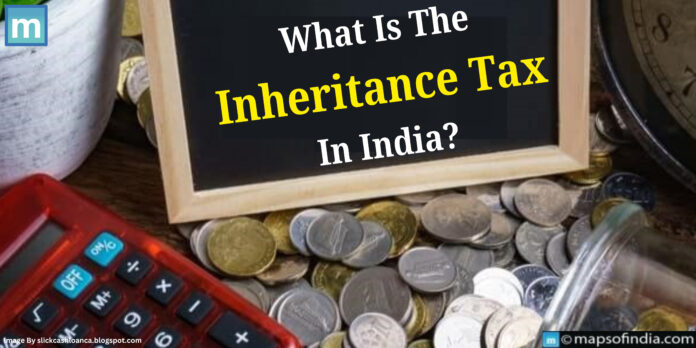A tax assessed on a specific item at the time of its inheritance was known as inheritance tax, sometimes referred to as estate tax or estate duty. Sometimes known as estate duty or “death tax” in other countries, this kind of tax was common in India 40 years ago until it was eliminated in 1985.
What is the Inheritance and deceased estate tax?
What’s often referred to as a deceased estate is made up of the assets and liabilities of the deceased. Typically, this estate consists of everything from real estate and investments to debts and personal items. However, depending on the jurisdiction’s rules and whether the deceased left a will, what happens to these assets and obligations can differ significantly.
Whether designated by the decedent or the court, the executor or administrator of the deceased is in charge of handling and allocating these assets by the decedent’s desires or, in the absence of a will, the laws of intestacy. In the meantime, inheritance tax—also called death duty or estate tax in some other countries—is levied on transferring a deceased person’s possessions to their heirs. The amount of tax varies depending on the value of the transferred assets, the relationship between the deceased and the beneficiary, the overall estate value, and the country’s tax regulations.
How does inheritance tax get determined?
Finding the entire value of a deceased person’s estate is frequently the first step in handling it.
This entails determining the worth of all the deceased’s possessions—including real estate, investments, bank accounts, cars, and personal items—and any unpaid bills or liabilities. Several criteria, such as the overall worth of the estate and the applicable regulations, determine whether inheritance tax is applicable. Some recipients, including spouses or children, might not have to pay inheritance tax in some locations or pay less in taxes.
The estate/inheritance tax experiment in India
The Estate Duty Act of 1953 instituted the inheritance tax to lessen economic disparity. The purpose of the tax was to impose taxes on the extraordinarily affluent who bequeathed enormous sums of money to their heirs.
When someone died, their property value was subject to estate duty, which became due when the property was transferred to their heirs. Real estate and transportable assets, both inside and outside of India, were subject to this levy. However, because of the high tax rates—which might go as high as 85% for houses worth more than Rs 20 lakh—the people opposed it. Starting with properties priced at Rs 1 lakh, it was 7.5%. The property’s market value at the time of the individual’s death was used to determine its worth.
Why did India remove the inheritance tax?
The three-decade law passed to increase state revenue and alleviate economic disparity was sharply criticised by the Opposition and several other groups.
Further complicating matters and resulting in protracted legal disputes over property value, the legislation had inconsistent valuation standards for various kinds of real estate, which raised significant administrative expenses. According to an audit, estate tax revenues made up a very small portion of all the direct taxes the government collected. The estate tax was allegedly collected for Rs 20 crore in total in 1984–85, but the hefty collection costs eclipsed this sum.
The inheritance tax collection rate remained low because so many people were hiding their inheritances and transacting with benami properties. Adding an estate tax to the wealth tax, which was perceived as double taxation, also generated strong popular animosity. As a result of all these considerations, the tax was eventually abolished in 1985 by then-Finance Minister V P Singh.
Parallels across borders: The US inheritance tax
Countries like Finland, the UK, Japan, and France all have extensive inheritance taxes. It is significant to remember that the US inheritance tax, from which Pitroda drew comparisons, is only in effect in six states. The United States has one of the highest inheritance tax rates, at 40%. Japan is first on the list with a 55% rate, followed by South Korea at 50% and France at 45%.
As of 2023, inheritance taxes are rare in the United States and are only levied in the following states: Iowa, Kentucky, Maryland, Nebraska, New Jersey, and Pennsylvania. The value of the bequest, the beneficiary’s relationship to the deceased, and local laws influence how much tax is due. Inheritance tax may also be levied by the state in which the dead resided or owned property.




